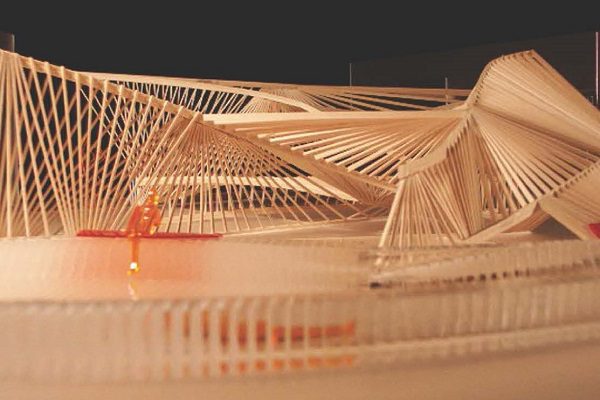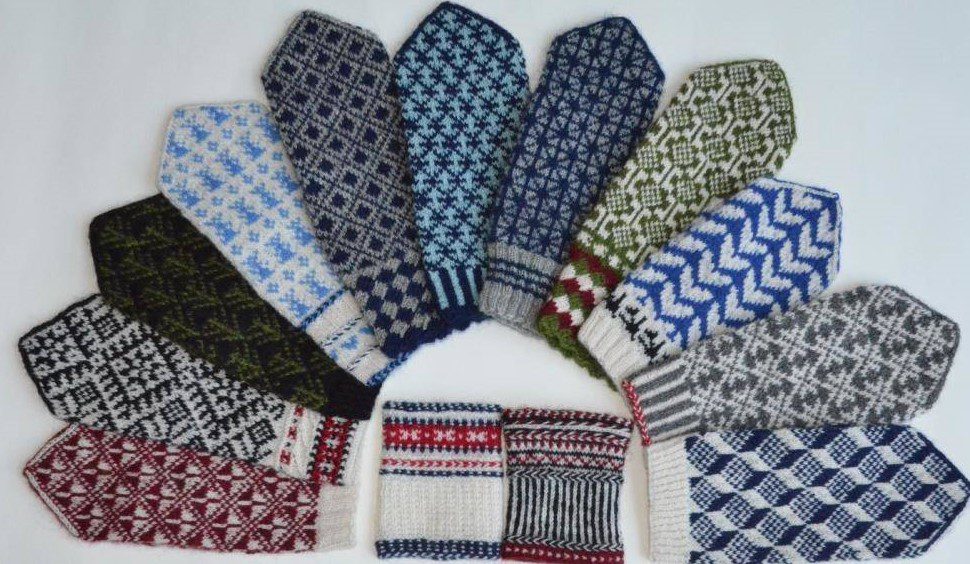Architecture Professor’s Team Shortlisted for Tallinn Architecture Biennale Competition

Associate Professor of Architecture Jefferson Ellinger and his project partners Joseph Choma and Wesam Al Asali are among 12 design teams shortlisted for the Tallinn Architecture Biennale (TAB) Installation Competition. Organized by the Estonian Centre for Architecture, the Tallinn Architecture Biennale is the largest architectural festival in the Baltics.
The 12 finalists for the TAB Installation Competition were chosen from 119 submissions from 49 different countries. The teams will submit final proposals to the second stage of the competition in early September 2021, and a winner will be chosen later that month. The winning team will oversee construction of their design in the public space in front of the Museum of Estonian Architecture in Tallinn for the opening of TAB 2022 in September 2022, and the installation will remain in place for two years.
The theme of the TAB 2022 Installation Competition is “Slowbuilding.”
“The installation competition seeks proposals for Slowbuilding that explore how the same technologies that are facilitating faster industrialized construction can be slowed to nourish local craftsmanship, better utilize available materials, respond to environments over long time scales and enhance bespoke design expression,” says the TAB 2022 call for proposals.
Ellinger’s team takes its inspiration from knitting, a traditional craft that is significant in Estonian culture, recognized for its complex geometric patterns.

“These patterns often visually challenge foreground background reversals while simultaneously being carefully placed in a proportionally-driven composition,” the team wrote in their competition submission, Making that Matters: A Computationally Knitted Wooden Tectonic. “Some of the knitted garments even give the visual illusion of three-dimensional surfaces with double-curvature. As a result, our research for this project primarily asks the question: ‘How can knitting advance wood construction?’” They suggest that lightweight bent wood elements can emulate knitting structure and pattern.
In addition, Ellinger and his teammates are intrigued by the computational process of knitting. They aim to design a framework that will allow the builders the flexibility to improvise and contribute to the structure’s final form.
“When an individual knits, they follow a visual diagram as a set of instructions,” the proposal continues. “However, those instructions usually focus on a particular detail or portion of the garment, leaving the craftsperson to improvise and make their own design decisions along the way.”
Ellinger is Director of the Design Computation Program, a dual master’s degree program offered jointly by the School of Architecture and the College of Computing and Informatics. With his architecture practice he has built projects throughout North America and won several international competitions. He is additionally a partner in FABS (Fresh Air Building Systems) dedicated to designing and producing next generation air filtering systems for the built environment.
Joseph Choma is the Founder of the Design Topology Lab and an associate professor of architecture at Clemson University. Wesam Al Asali is an architect and research associate at the Centre for Natural Material Innovation at University of Cambridge and the founder of IWlab. Ellinger and Choma met at Rensselaer Polytechnic Institute a number of years ago, when Choma was a student and Ellinger was teaching there. Choma and Al Asali connected at the University of Cambridge. All three researchers have interest and expertise in material and fabrication innovation.
Top image: “Swells,” MOMA PS1 Young Architects Finalist project by Jefferson Ellinger/Yehia Design.